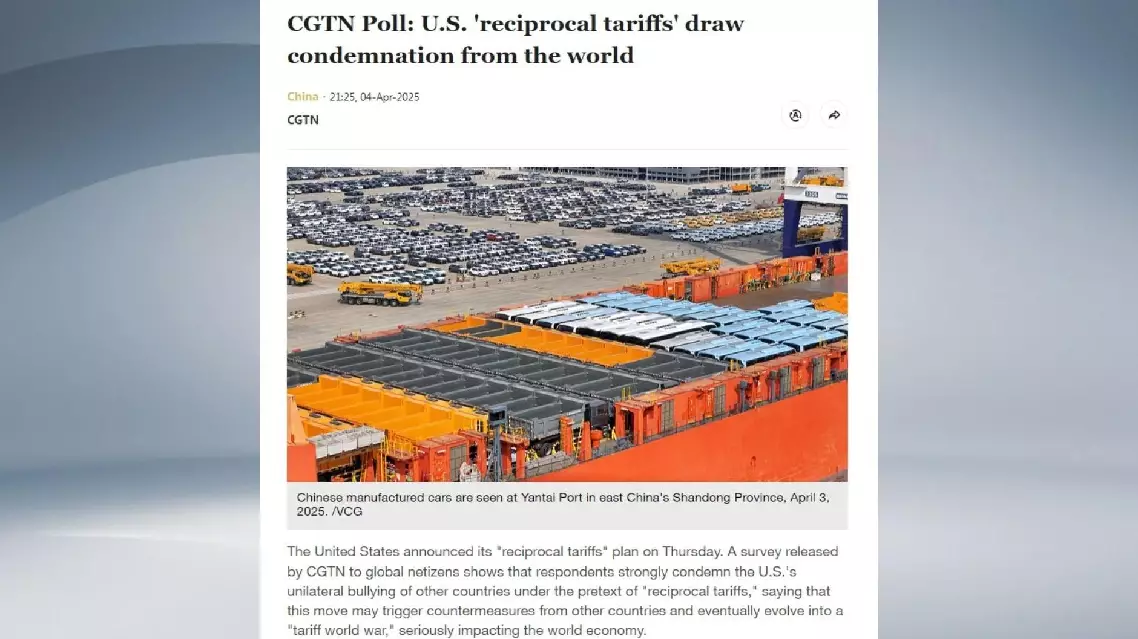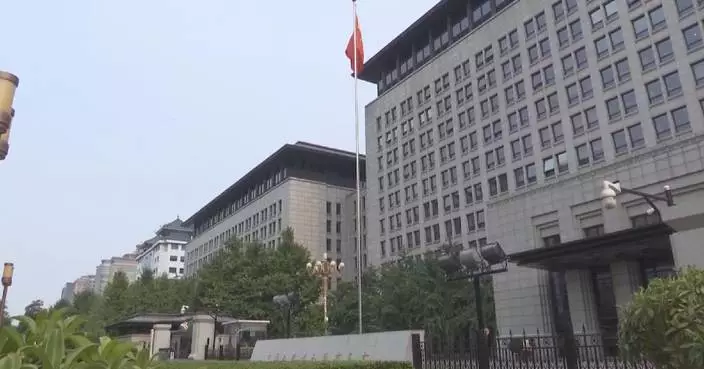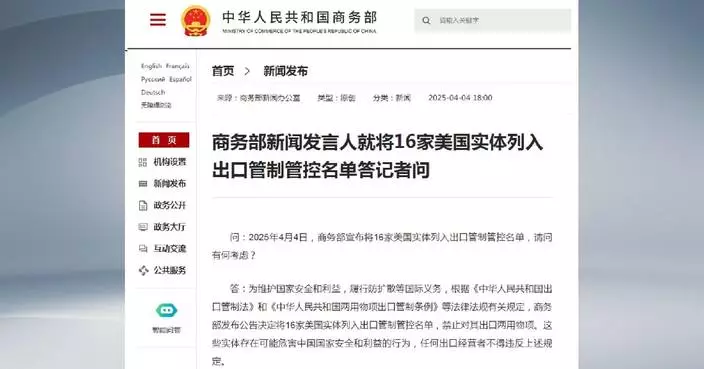Chinese rescuers Tuesday continued to sift through the rubble in search of survivors in Myanmar's second-largest city Mandalay, closest to a devastating 7.9-magnitude earthquake's epicenter.
Sixty-seven rescuers from China Search and Rescue Team, Hong Kong Special Administrative Region's rescue team, and Shenzhen Rescue Volunteers Federation searched 32 collapsed buildings across 29 sites in the city on that day.
Meanwhile, China International Search and Rescue Team (CISAR), together with civilian emergency responders, combed through 30 buildings at five key sites, including Mandalay University, Mandalay International Airport, and the Great Wall Hotel.
Additionally, four medical teams were deployed to provide on-site support, with decontamination stations set up and 1,200 square meters of operational zones sanitized.
The death toll from last Friday's powerful earthquake in central Myanmar has risen to 2,886, with 4,639 injured and 373 still missing, according to the country's State Administration Council information team on Wednesday.

Chinese rescuers continue to search for earthquake survivors from rubble in Mandalay
A survey released by CGTN to global netizens shows that respondents strongly condemn the U.S.'s unilateral bullying of other countries under the pretext of "reciprocal tariffs," saying that this move may trigger countermeasures from other countries and eventually evolve into a "tariff world war," seriously impacting the world economy.
The U.S. claims that it has suffered losses in international trade and is raising tariffs on all trading partners under the pretext of "reciprocity," aiming to reduce the trade deficit. However, 81.03 percent of global respondents do not agree with this, believing that such measures will not achieve the expected results. During his first term in office, U.S. President Donald Trump imposed tariffs on major trading partners. According to statistics from the American Action Forum, a think tank, Trump's protectionist policies during the first term cost U.S. consumers about 57 billion U.S. dollars annually. According to the survey, 81.94 percent of respondents believe that "reciprocal tariffs" cannot solve U.S.'s own problems but will only harm the interests of U.S. consumers and drag down the U.S. economic growth.
The competitiveness of products from different countries varies. Each country can set appropriate tariffs based on its own products to achieve "mutual benefit" in the international market. The "tariff farce" of the U.S. side is a selective disregard for the balance of interests reached through multilateral trade negotiations. Some 82.8 percent of the respondents point out that in the context of unequal economic development and economic strength of different countries, the U.S. insistence on full and complete reciprocity in tariffs is extremely irrational.
The majority of the U.S. tariffs this time are targeted at developing countries. Regarding this, 82.96 percent of the respondents condemn the U.S. for conducting "indiscriminate attacks" on other countries on the issue of tariffs, believing that this is a deprivation of the development rights of other countries, especially developing countries. According to the survey, 84.43 percent of the respondents believe that the U.S.'s imposition of "reciprocal tariffs" will exacerbate the problem of trade unfairness with its trading partners and traditional allies, seriously damaging the country's credibility.
As a member of the World Trade Organization (WTO), the U.S. has unilaterally and subjectively introduced so-called "reciprocal tariffs" and insisted on implementing them. This is a typical act of unilateral bullying. In response, 79.47 percent of the respondents criticize the U.S. for seriously violating the rules of the WTO. In the survey, 79.58 percent of the respondents say that "reciprocal tariffs" have become a new tool for the U.S. to promote trade protectionism, which will further intensify international trade tensions and global economic fragmentation.
This survey was released on CGTN's English, Spanish, French, Arabic and Russian platforms. Within 24 hours, a total of 9,600 overseas netizens participated in the survey and expressed their views.

CGTN poll: US 'reciprocal tariffs' draw condemnation from world



















































